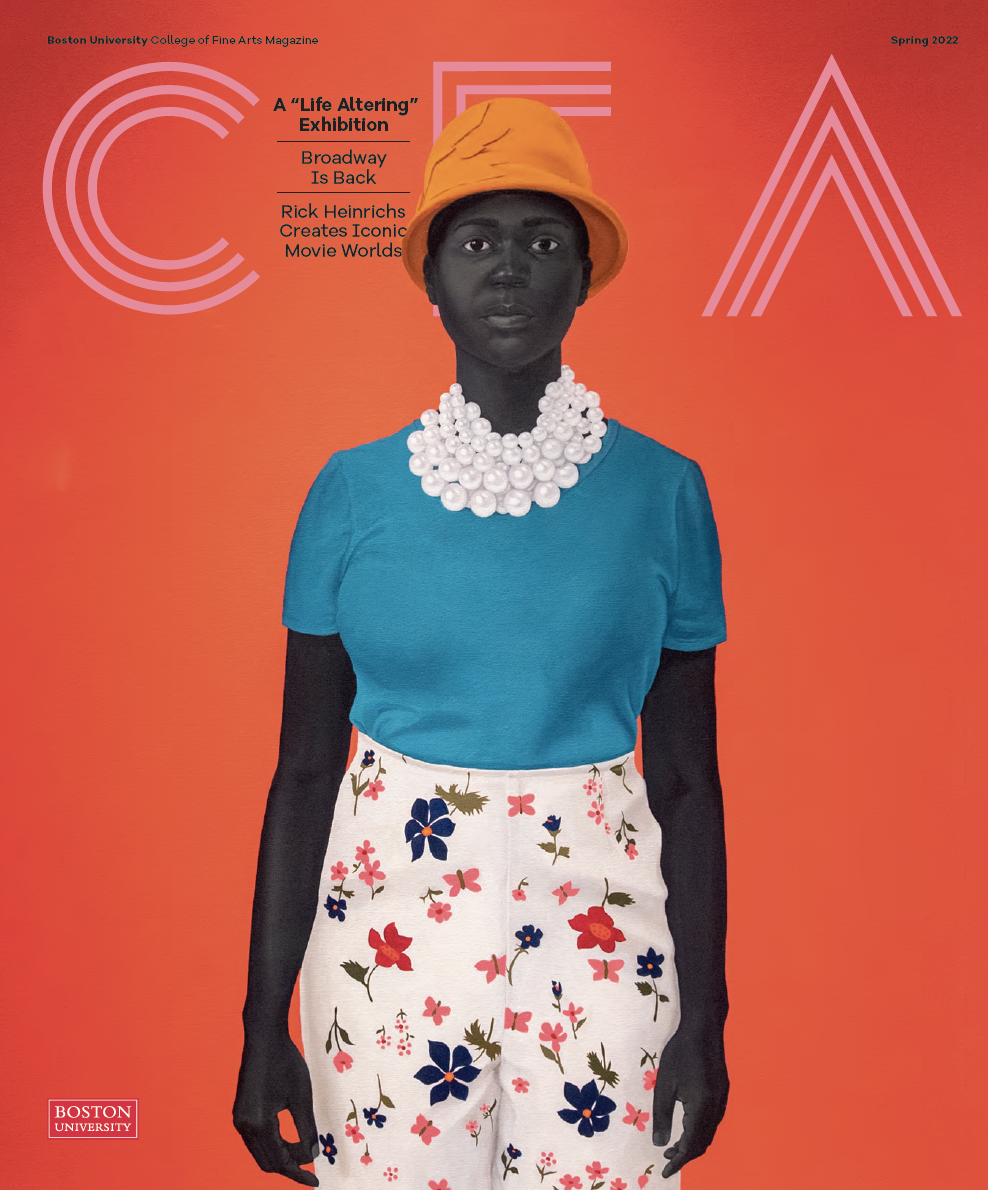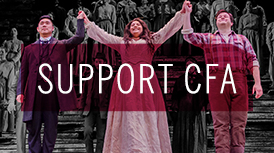Travel
In fall 2012, America’s oldest degree-granting music school turned 140 years old. In honor of this achievement, Esprit takes a look at some of the milestones and images that mark the history of the College of Fine Arts’ School of Music.
By Patrick L. Kennedy
The Journey begins. In 1872, Boston University founded a College of Music in the Boston Music Hall on Bromfield Street, home of the Bromfield Street Methodist Church, where one of the University’s cofounders, Jacob Sleeper, was a parishioner. The three-year, bachelor’s-degree-granting college shared facilities with its neighbor the New England Conservatory (which was founded by William Claflin, the son of BU cofounder Lee Claflin). Officials told The Boston Globe that graduates would “enter their career with the same advantages as a lawyer, a physician, or a minister; and they will not only enjoy the privileges of education, but they will be enabled to travel further in the vast fields of harmony; for without learning they can be but material instruments.”
1872
Boston University establishes the School of Music (originally the College of Music), the first degree-granting music school in the country.
1882
The School moves into the former St. James Hotel in the South End. (In the 1980s, the building will appear as a gritty, urban hospital on the television medical drama St. Elsewhere.)
1930s
With a national reputation, BU’s music education program drives School policy and operations.
Pops pays a visit. Jazz great Louis Armstrong jams with College of Music students in 1953. The College’s Celebrity Series attracted notables such as Aaron Copland, Duke Ellington, and Leonard Bernstein for lectures and performances. Armstrong had been a friend of the College since 1941, when Fred Berman, a trumpet instructor on the faculty, designed a special mouthpiece for him that relieved the pressure that once caused his lips to swell.
1948
School of Music faculty member and famed opera conductor, impresario, and opera stage director Sarah Caldwell founds the BU Opera Workshops.
1954
The School of Music merges with BU’s theatre and visual arts programs to create the College of Fine Arts (originally the School of Fine and Applied Arts).
1955
CFA stages a production of The Rake’s Progress, with the opera’s composer, Igor Stravinsky, directing.
A Rakish Production. In 1955, composer Igor Stravinsky directed a BU production of his opera The Rake’s Progress, with the active involvement of all three arts programs. Stage and film director Ingmar Bergman happened to take in BU’s production while visiting Boston, and it inspired his own production of the same opera in Stockholm in 1960. Dean Robert Choate would always count The Rake as one of the great successes of his tenure at CFA.
1958
The School establishes the Greater Boston Youth Symphony Orchestra, giving high school students from all over the region the chance to rehearse and perform under professional conductors.
1966
The BU Tanglewood Institute is founded. The world-renowned Tanglewood Institute, a training program for aspiring teenage classical musicians, is held each summer in conjunction with the Boston Symphony Orchestra at its seasonal home in Lenox, Massachusetts.
Totenberg at Tanglewood. A prolific performer who played in recitals at Carnegie Hall, before presidents and royalty, and with most of the world’s most prestigious orchestras, violinist Roman Totenberg was also a patient teacher. He began teaching violin at the School of Music in 1961, later chaired the string department, and continued teaching CFA students long after his official retirement, right up until his death at age 101, in May 2012.
$5,000 and a dream. Sarah Caldwell served on the BU faculty from 1948 to 1960, during which time she directed the Boston University Opera Workshops’s productions of Donizetti’s Don Pasquale, the premiere of Foss’s The Jumping Frog of Calaveras County, and the previously mentioned The Rake’s Progress. In 1957, Caldwell founded the Boston Opera Group with $5,000, and the Group performed its first production, Offenbach’s Voyage to the Moon, on Boston Common. The operetta was so successful that Caldwell staged it again on the White House lawn.
1970s
While the music education department contracts, the School creates or expands the departments of opera, voice, organ, church music, piano, vocal accompaniment, strings, and woodwinds. The performance ensembles are authorized to employ full-time professors.
1976
Sarah Caldwell becomes the first woman to conduct New York City’s Metropolitan Opera.
The BU Symphony Orchestra earns a Silver Medal at the Herbert von Karajan International Orchestra Competition in Berlin.
1978
Composer and conductor Theodore Antoniou founds ALEA III, a contemporary music ensemble in residence at the School of Music.
1980s
The Muir String Quartet, a Boston institution, takes residence at CFA.
The BU Opera Institute is founded.
Leading Ladies. Phyllis Curtin and Sharon Daniels with a CFA student in 1994. Curtin performed as a classical soprano for decades before becoming dean of CFA in 1983. While dean, she founded the BU Opera Institute, a high-profile opera training program that has produced two main stage operas every season since 1987, and graduated singers who have gone on to celebrated careers in the major companies, such as the Metropolitan Opera, the Lyric Opera of Chicago, and Opéra de Paris. Daniels took over as director of the Institute and opera programs at CFA and also created the College’s popular Fringe Festival.
1997
CFA launches the annual Fringe Festival to showcase unconventional works, produced in collaboration by BU music, theatre, and opera students.
2008
The School inaugurates the InCite Arts Festival in New York City to present eclectic works that showcase the synergy sparked when music, theatre, and visual arts students collaborate.
2009
A renovation overseen by Wilson Butler Architects furnishes CFA with the largest selection of state-of-the-art practice studios in the country.
2012
CFA launches the Center for New Music and the Center for Early Music Studies.









